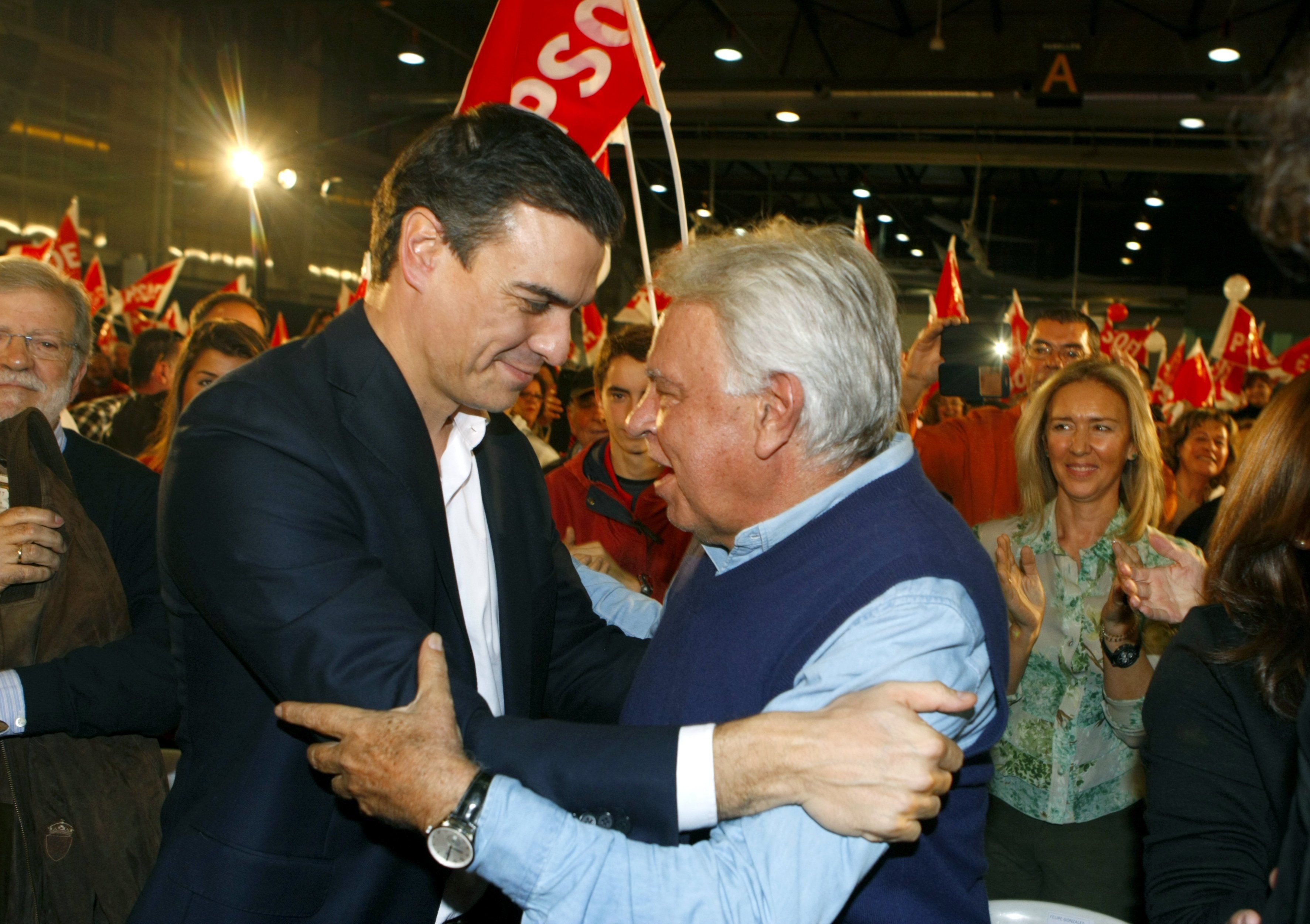Spain's state terrorism of the 1980s is already water under the bridge for the Spanish government. The issue is about events from "more than 30 years ago" which "have already had their court sentence". This was the response of government spokesperson María Jesús Montero today to the proposal by pro-independence and nationalist parties for a commission of inquiry into the issue, an idea which was rejected by the Spanish parliament's procedural Bureau. However, there was time at the press conference today for other matters that happened 30 years ago to be recalled, as Montero spoke of the legacy of the former Socialist prime minister of Spain, Felipe González, especially with regard to social policies.
At the press conference after today's Spanish cabinet meeting, the spokesperson expressed "pride" after "confirming at street level the major achievements in democracy which took place under prime minister González". She gave the examples of the Universal Health Care Act, "which has saved thousands of lives", or Spain's entry into the European Union, a step which was "essential to emerge stronger from the crisis situation".
The former PM returned to the headlines last week after declassified CIA documents asserted that González was the man ultimately responsible - but never brought to justice - for the state-run GAL death squads which murdered 27 people in the mid-80s.
Another skeleton from the closet of Spain's recent politics, which has also raised major questions in recent days, received similar treatment from Montero: the 2004 honeymoon of the then-prince and princess Felipe and Letizia, which cost half a million euros and was funded by a "yachting friend" of the now-disgraced Juan Carlos I. Asked about this issue, the spokesperson for the Pedro Sánchez executive kicked the can down the road. "The government does not have any information that could confirm this news," said María Jesús Montero, stressing that the Royal House has its own spokespeople.

